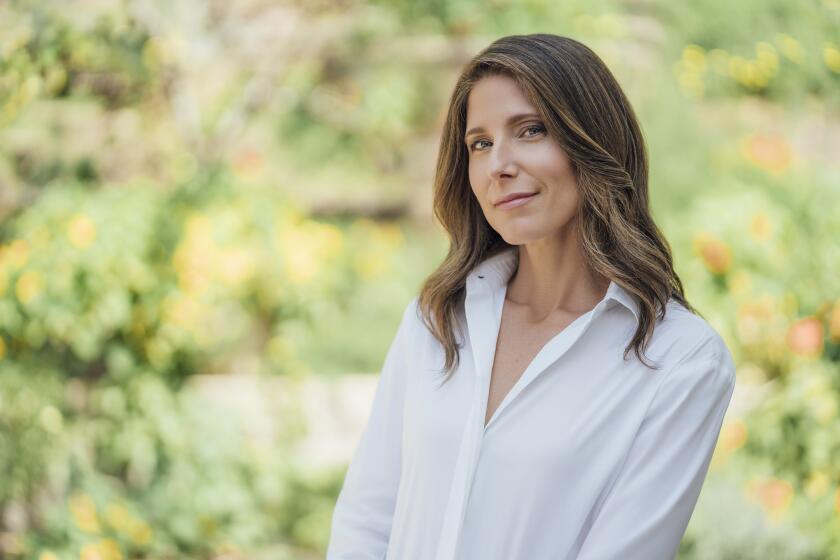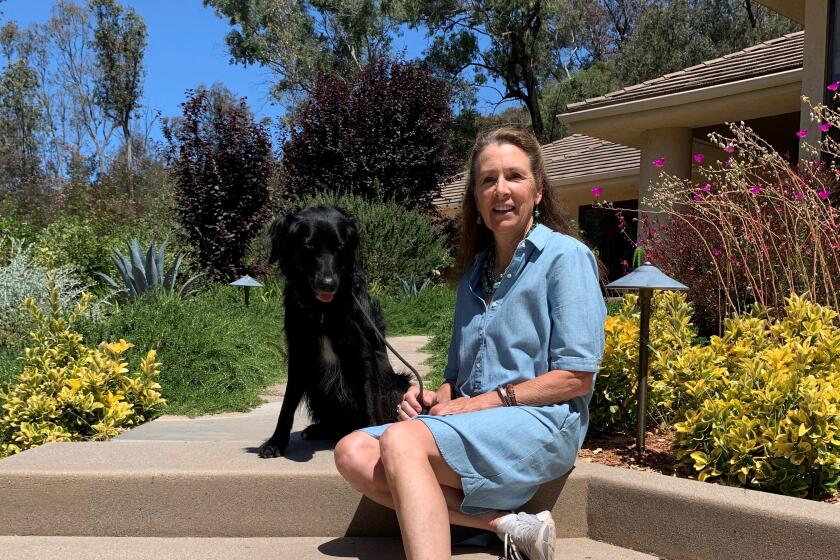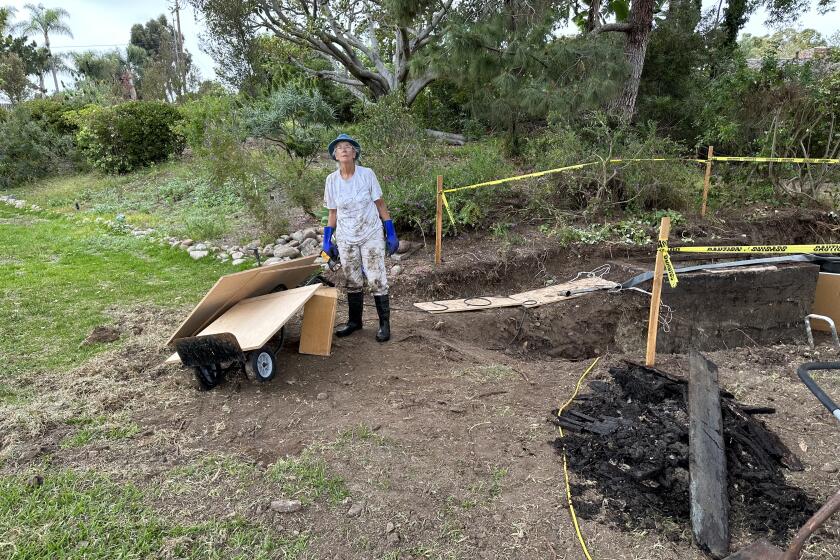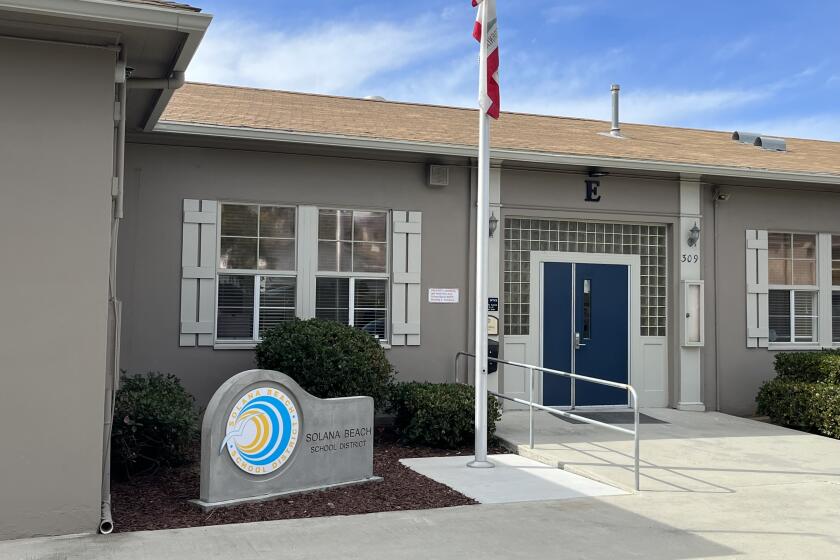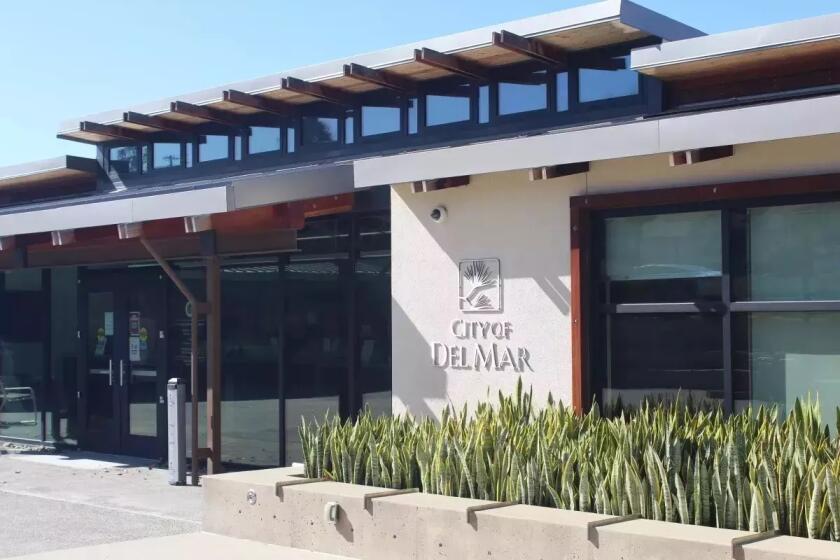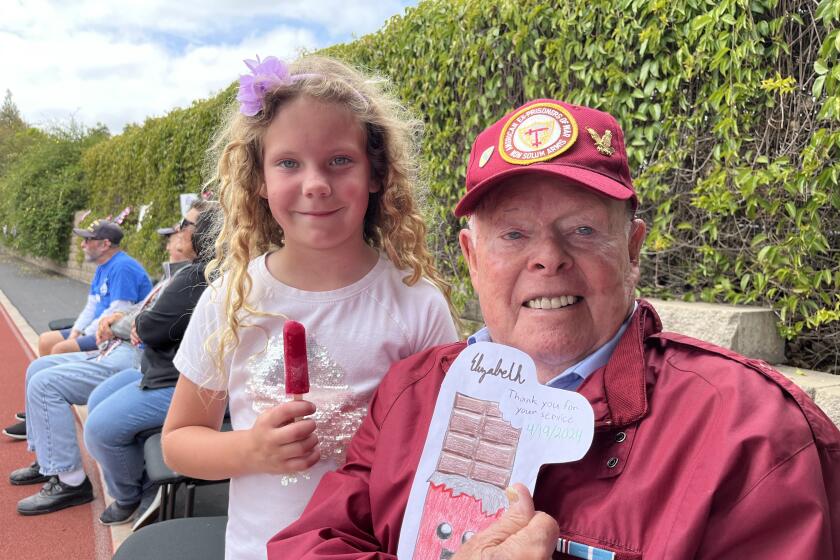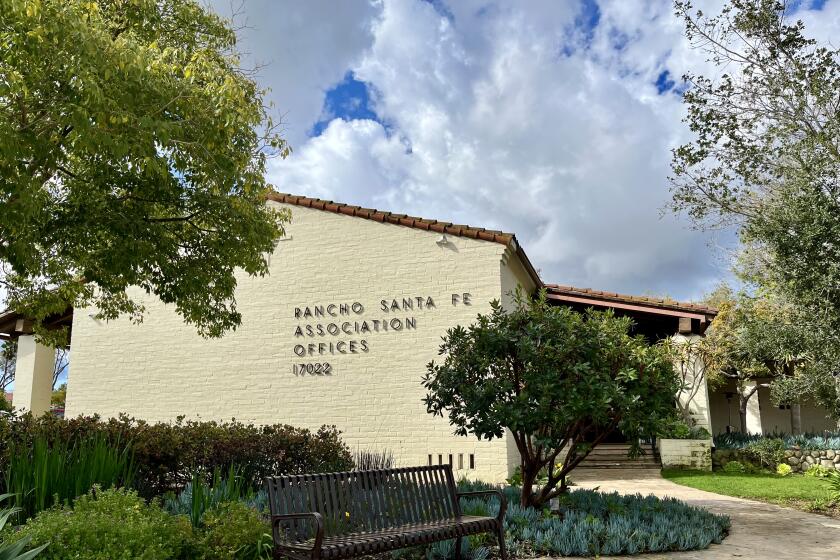Rancho Santa Fe School District to add social emotional curriculum, school counselor
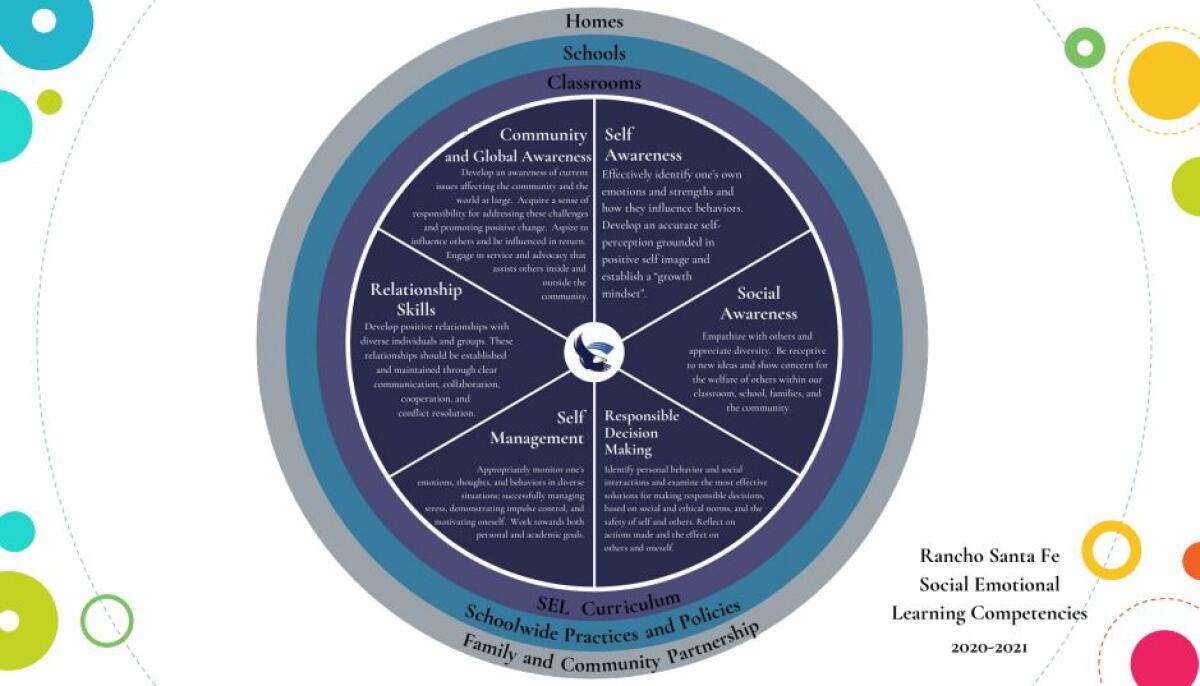
The Rancho Santa Fe School District will begin implementing a new social and emotional learning curriculum in the fall and the school board will be considering bringing on a full-time school guidance counselor. With the new curriculum, they hope to equip students with the skills and tools they need to be more resilient and to successfully navigate the challenges they will face in high school and beyond.
“We know social emotional learning is so important for our kids, making sure we are responding to the whole child and their social emotional wellbeing as well as their academics,” said Superintendent Donna Tripi at the board’s March 12 meeting. “We know that if they don’t feel safe and secure and emotionally and socially ready to take on the work that we’re giving them, they can’t improve academically as well.”
Rancho Santa Fe’s plan is also about building a positive school community and culture at R. Roger Rowe School, understanding that children learn more when they feel connected.
Parent Nadelle Kijewski said she has been attending every coffee meeting with the superintendent and board members all year long to push for social emotional wellness learning this year.
“I see that it is something we are missing as a school and as a community,” Kijewski said, who said she was excited about what has been proposed by staff. “ I think we can have the best curriculum in the whole wide world but if we’re not helping our kids be more strong emotionally and we’re not helping them build their character then we can’t expect them to succeed or be the best version of themselves.”
CASEL, the Collaborative for Academic, Social And Emotional Learning, defines social emotional learning as the process through which children and adults acquire and effectively apply the knowledge, attitudes and skills necessary to understand and manage emotions, set and achieve positive goals, feel and show empathy for others, establish and maintain positive relationships and make responsible decisions.
Tripi said the district’s why is clear: According to the National Alliance on Mental Illness, one in five children ages 13-18 have or will have mental illness, ranging from mood disorders to behavioral conduct disorders and anxiety disorders. Tripi said it’s important to support kids now as 50 percent of lifetime mental health cases begin by age 14.
The Centers for Disease Control and Prevention just released new data that in California, suicide is the second leading cause of death for youth ages 10-24.
The district’s social and emotional learning (SEL) committee, composed of administrators and teacher representatives from every grade level, began working in May 2019. Last year they conducted parent, student and staff surveys and had discussions about several different curriculum approaches.
On Jan. 29, the committee had a full day of planning, identifying what the district needs to do to develop SEL competencies in all students to come up with an implementation plan.
Assistant Principal Megan Loh said the work was inspiring as teachers drilled down on what they want to emphasize for students, creating a learning competencies wheel that includes: Community and global awareness, self-awareness, social awareness, relationship skills, responsible decision making and self-management.
Teachers wanted their students to learn to be able to appropriately monitor emotions and behaviors, manage stress, demonstrate impulse control, empathize with others, appreciate diversity and show concern for the welfare of others within the classroom, school and community.
Loh said their goals are more positive social behavior, fewer conduct problems, less emotional distress and improved attitudes about themselves and about others and about school, which creates an enhanced learning environment.
“We anticipate a big shift in our culture and how it becomes more supportive and engaging for all students and all staff. We also anticipate that there would be a tremendous shift in the area of behavior and academics,” Loh said.
Loh worked with staff last year on a new discipline plan and she has already seen how having clear expectations and consequences has reduced the number of discipline and conduct problems this year.
“The teachers are really energized by this,” said Haley Cameron, a teacher on the SEL committee, who noted that an important piece will be the home and school connection, making sure families are partners in what they are trying to accomplish.
In addition to teachers focusing on the expected student competencies, they will be adding in Morning Meetings into the elementary school schedule and Advisory Meetings at the middle school level.
“In my 13 years teaching kindergarten here I have seen the time dedicated to things like Morning Meeting kind of fall to the wayside,” said teacher Erin Dunigan. “We’re a highly academic school and the pressure to fit everything in somehow made that happen. The goal for next year is to build the time back so each teacher is able to spend more time engaging with the kids and them with each other.”
There are many ways for teachers to conduct a Morning Meeting but components can include greeting each student by name, sharing and group activity to reinforce learning and build class cohesion.
“We, as teachers, know the importance of getting to know students on a personal level and their outside interests, we use that all of the time for engagement, but the real exciting thing is seeing the students make those connections,” said Dunigan, giving the example of a student stopping her from reading a book about treasure maps because he knew a fellow student who was absent would be missing out. She agreed to save the book for when the student returned. Dunigan said the sweet moment demonstrated how they are building a school community. “They’re looking out for each other.”
Advisory meetings at the middle school level will likely be built into the tutorial period. During the meeting, students will be welcomed by name and there will be acknowledgments to share a piece of news about themselves or ideas, and some kind of group activity.
The Advisory Meetings are meant to support students in building positive, meaningful relationships with one or more adults at school, provide a safe place for students to strengthen their academic and social-emotional competencies, and develop a sense of belonging and culture of acceptance.
“All learning is social,” Tripi said. “We know students are more successful when they have good relationships with their teachers, with other adults on campus and with each other.”
One of the biggest recommendations to come out of the SEL committee was the hiring of a full-time counselor.
For the last two years, the district has used a social work intern to help support its students. In the 2018-19 school year, 25 students received ongoing individual counseling, six received one-time support counseling and there were 21 contacts with parents via phone or in person for social/emotional support for their child. So far in the 19-20 school year, 18 have received ongoing counseling and three students received one-time support.
Jeremy Owen, the director of special education, said one of the hurdles the district has had to face is the stigma of a social worker and of mental health. Owen said of the students that they referred to the social worker, about 40 percent of parents were not comfortable and said no.
Owen said a full-time counselor could become more ingrained in the school, forming relationships that could work toward reducing the stigma of going to the counselor. The full-time position could assist teachers in providing more support when a student requires more help and could facilitate small groups that address issues such as grief, social skills, self-management, divorce and separation.
All of the board was supportive in including a counselor in the budget planning for the next school year. In looking at the committee’s recommendations, board members shared ideas for the implementation plan: Sarah Neal wanted to see digital citizenship and explicit study skills for middle school, and President Scott Kahn wanted to see the inclusion of an athletic program and sportsmanship as well as for staff to develop some kind of assessment to track student growth and progress.
Board member Tyler Seltzer shared concerns about balancing SEL with all of their other program offerings that are priorities for parents and Clerk Jee Manghani said he was concerned about overloading teachers and providing enough support for curriculum development.
Vice President Kali Kim agreed that ongoing professional development for teachers will be important. Kim also added that the district’s goal with SEL should be “beefed up” and should include citizenship skills. Kim said Rancho Santa Fe’s goal should be for students to “develop knowledge, skills and a mindset that empowers healthy, resilient and culturally proficient citizens who contribute to others with integrity, respect and compassion.”
Get the RSF Review weekly in your inbox
Latest news from Rancho Santa Fe every Thursday for free
You may occasionally receive promotional content from the Rancho Santa Fe Review.
